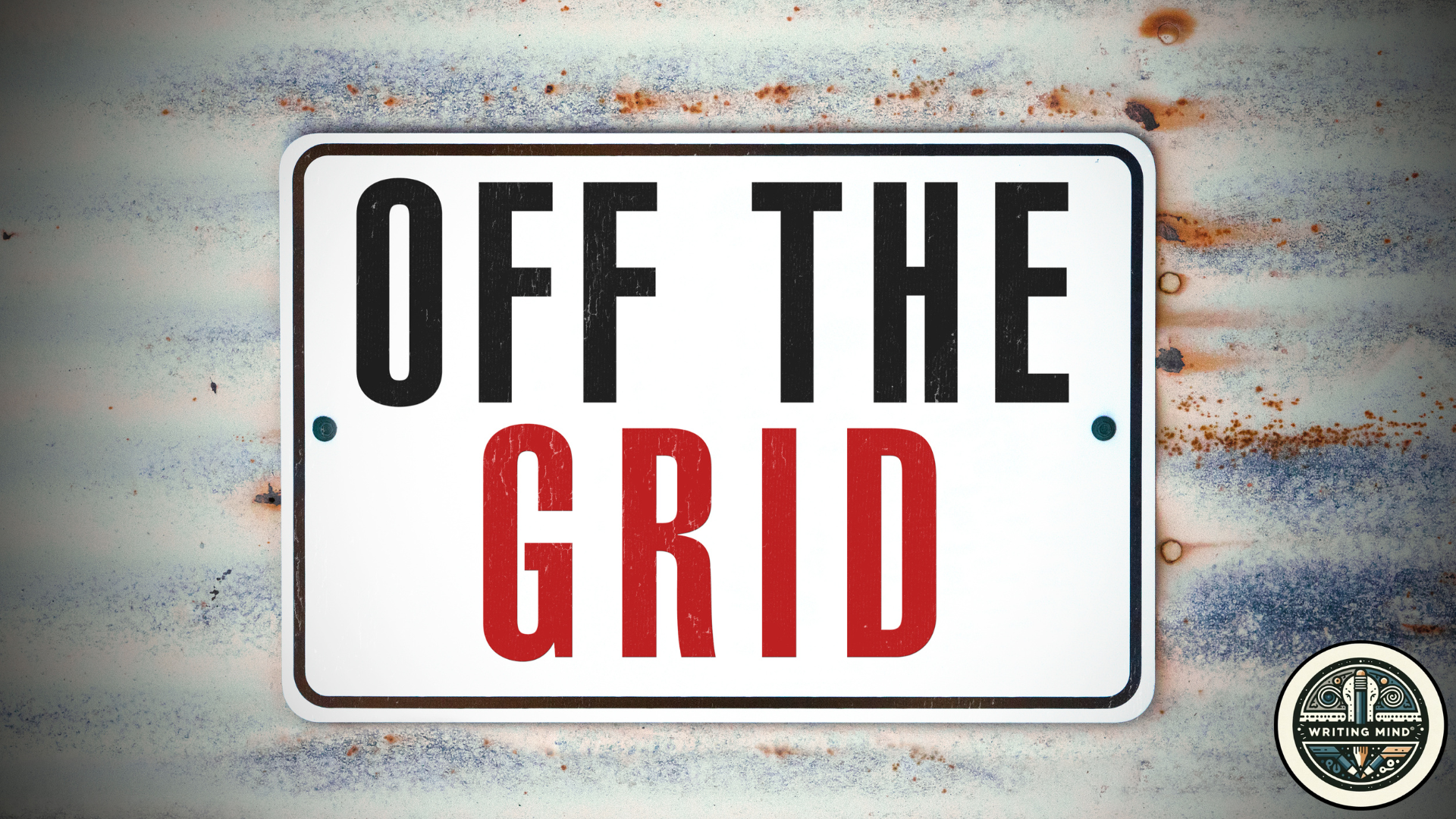In a world that feels more connected than ever, an increasing number of people are choosing the exact opposite: living off the grid. In 2025, the off-grid lifestyle isn’t just a fringe movement. It’s becoming a mainstream choice for families, young professionals, and retirees alike. From tiny cabins in the woods to fully self-sufficient homesteads, people are walking away from high-tech chaos and embracing a simpler way of life. But why is living off the grid trending right now, and what does it really mean to disconnect?
What Off-Grid Living Really Means

Off-grid living simply means living without reliance on public utilities like electricity, water, and gas. Instead, people generate their own power (often through solar or wind), collect rainwater or use wells, and grow or source their own food. Some go fully off the grid, while others choose a hybrid lifestyle that blends independence with a few modern conveniences.
In 2025, technology has made this easier than ever. Affordable solar panels, portable generators, and advanced water filtration systems mean you don’t have to sacrifice comfort to live sustainably.
Off-grid living isn’t about cutting ties with society.It’s about creating freedom from systems that feel unreliable, expensive, or overwhelming.
Why Off-Grid Living Is Growing in Popularity

1. Escaping Rising Costs
Inflation and high housing costs are pushing people to rethink traditional lifestyles. Off-grid living offers a chance to cut utility bills, grow your own food, and live in affordable rural areas instead of crowded cities.
2. A Desire for Simplicity
Modern life is busy, noisy, and stressful. Going off the grid gives people space to breathe, reset, and live with intention. Instead of working to pay endless bills, many off-gridders focus on hobbies, family, and health.
3. Environmental Concerns
More people want to reduce their environmental footprint. Living off-grid promotes sustainability by using renewable energy, composting waste, and eating food grown locally.
4. Technology Makes It Easier
The rise of eco-tech has made self-sufficiency more accessible. In 2025, small solar setups can power homes, satellite internet keeps you connected when you want to be and prefab off-grid cabins can be delivered almost anywhere.
What was once considered a radical lifestyle is now a practical choice fueled by economic, emotional, and environmental motivations.
The Challenges of Going Off-Grid

Of course, living off the grid isn’t all campfires and mountain views. It comes with real challenges.
Maintaining energy systems like solar panels or generators requires knowledge and effort. Food production isn’t guaranteed, and gardens fail, animals get sick, and weather can be unpredictable. There’s also the isolation factor: living far from town may make you feel free. but can be lonely if you’re not prepared for it.
The off-grid dream is achievable, but it takes planning, resilience, and a willingness to embrace challenges as much as rewards.
Who’s Choosing This Lifestyle in 2025

Off-grid living used to be associated mainly with survivalists or back-to-the-land homesteaders. Now it’s attracting a much broader group:
- Young professionals tired of urban stress are moving to rural cabins and working remotely with solar-powered internet setups.
- Families want to raise children in nature with less screen time and more life skills.
- Retirees are trading suburban homes for peaceful, sustainable living in tiny houses or eco-communities.
Off-grid living in 2025 is less about escaping society and more about redefining what “home” means in a changing world.
Is Off-Grid Living Right for You?

If you’ve ever dreamed of living in a tiny cabin, cooking over a campfire, or watching the stars without light pollution, off-grid living might appeal to you. But before packing up, ask yourself:
- Am I prepared to handle the physical work?
- Can I live with less convenience?
- Do I want to learn new skills like gardening, water collection, or solar maintenance?
For many, the answer is yes and not because it’s easy, but because it’s meaningful.
Off-grid living isn’t about perfection. It’s all about choosing a lifestyle aligned with your values and priorities.
Final Thoughts on the Off-Grid Trend
Off-grid living is no longer just for survivalists or dreamers. In 2025, it’s a growing movement that reflects people’s desire for freedom, sustainability, and peace of mind. While it isn’t without challenges, it offers something our plugged-in society desperately craves and that is to have balance.
So, if the idea of living off the land, cutting bills, and breathing fresh air appeals to you, maybe it’s time to stop scrolling tiny cabin videos and start exploring what life off the grid could look like for you.


Leave a Reply